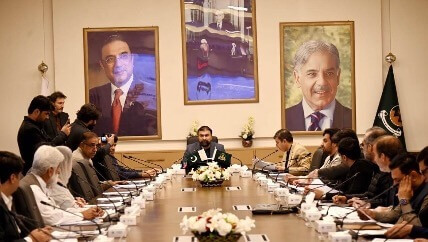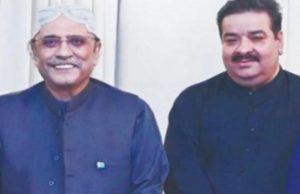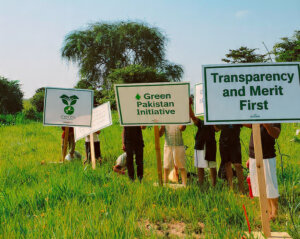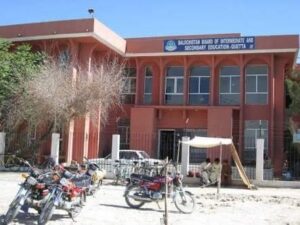Editorial:
Balochistan appears to be on the cusp of a significant political shake-up. According to credible government insiders, a cabinet reshuffle is expected soon after the passage of the fiscal year 2025–26 provincial budget. While reshuffles are not unusual, the stakes are much higher this time—with growing public discontent over ministerial perks, administrative inefficiencies, and unchecked spending.
Originally planned for post-Eid-ul-Adha, the reshuffle was delayed to ensure the smooth passage of the budget in the Balochistan Assembly. This strategic timing reflects a broader intention: to address rising concerns over accountability, fiscal responsibility, and governance.
What’s especially noteworthy is the reported plan to replace non-elected members, particularly advisers and women on reserved seats, with elected lawmakers. If implemented with sincerity, this could help restore public trust and reduce unnecessary government expenditure—especially as some advisers enjoy salaries and allowances equal to full-fledged ministers without the electoral mandate to back them.
Another pressing concern that demands attention is the consistent absence of ministers from their offices. People travel hundreds of kilometers to the Civil Secretariat in Quetta, only to wait in vain for hours or even days. Supporters and citizens are left stranded without even access to clean drinking water, while the ministers remain unavailable. A meaningful reshuffle must bring in dynamic, educated, and service-oriented ministers who are present in their offices, responsive to the public, and capable of addressing basic issues like citizen grievances, infrastructure complaints, and public service delivery. Administrative transparency, good governance, and office accountability must no longer be optional—they must be mandatory.
Moreover, this reshuffle is not just about cutting costs. It comes amid calls for better budget transparency, development fund allocations, and public service reforms. The people of Balochistan are not blind to the lavish benefits enjoyed by ministers, even as the province grapples with budget deficits, healthcare underfunding, education sector neglect, and rural infrastructure breakdowns.
The political dynamics of this move are also tied to the 2027 Senate elections, where influence and party strength will rely heavily on elected representatives. This makes the upcoming reshuffle not only a matter of governance but also of long-term political strategy.
Still, the reshuffle must be more than a game of musical chairs. If Balochistan’s leadership is serious about reform, it should go beyond token changes. Ministers must be evaluated based on performance, transparency, and public engagement—not just political loyalty.
The province deserves a cabinet that reflects competence, accountability, and the will to serve, especially at a time when every rupee spent from the public purse is being scrutinized. This reshuffle is an opportunity to reset the system. Wasting it would only deepen public frustration.






